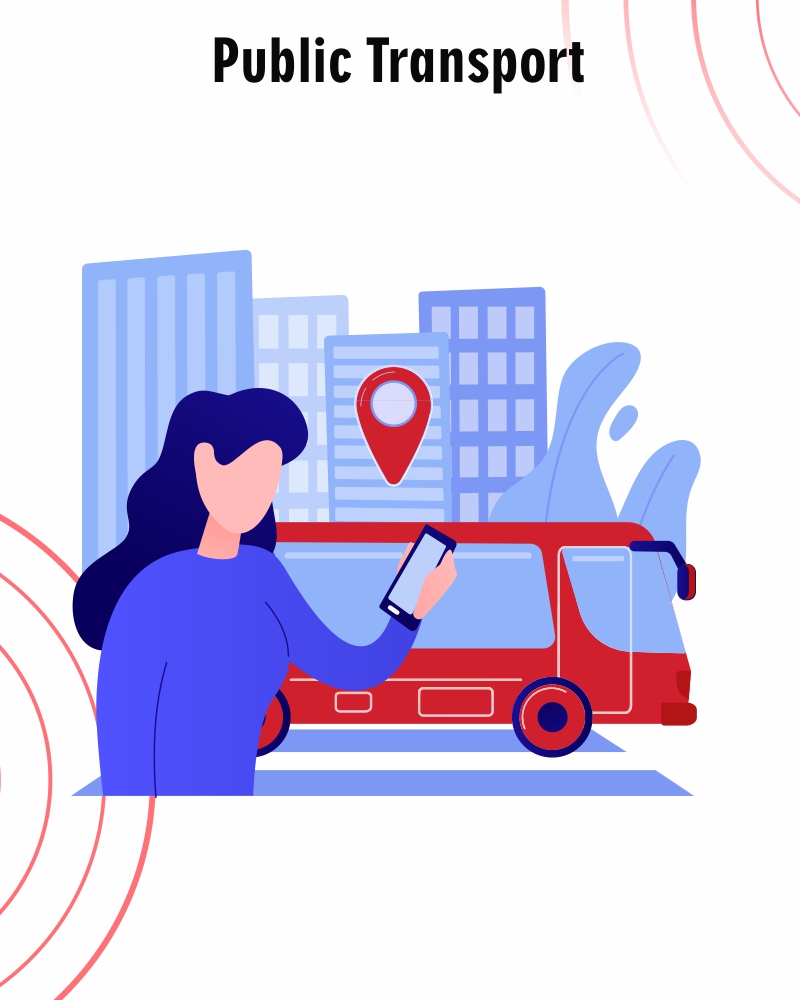The commitment of UK VOICE to make public transport more affordable for all citizens and tourists is commendable and could have several positive impacts on the economy and society. Here are some potential benefits of reducing the cost of public transport:
- Increased Mobility:
- Lowering public transport fares can make it more accessible to a wider range of people, including low-income individuals and families. This increased accessibility can lead to greater mobility, allowing people to travel more freely for work, education, leisure, and other purposes.
- Boost to Tourism:
- Affordable public transport can attract more tourists to visit various destinations within the UK. Tourists may be more inclined to explore different regions, cities, and attractions if transportation costs are reduced, leading to increased spending on accommodation, dining, entertainment, and shopping.
- Economic Stimulus:
- Making public transport more affordable can stimulate economic activity by encouraging people to spend their money on other goods and services. With savings on transportation costs, individuals may have more disposable income to spend on leisure activities, dining out, shopping, and other experiences, thereby boosting local businesses and the overall economy.
- Environmental Benefits:
- Encouraging the use of public transport over private vehicles can help reduce traffic congestion and air pollution. By making public transport more affordable and attractive, UK VOICE can promote sustainable transportation options that benefit the environment and public health.
- Social Inclusion:
- Affordable public transport promotes social inclusion by ensuring that transportation services are accessible to all members of society, regardless of their income level. This can help reduce social isolation and improve connectivity, particularly for marginalized communities who may rely on public transport as their primary mode of transportation.
- Reduced Traffic Congestion:
- With more people choosing public transport due to its affordability, there may be a corresponding decrease in the number of private vehicles on the roads. This can help alleviate traffic congestion in urban areas, leading to smoother traffic flow, shorter travel times, and reduced stress for commuters.
Overall, reducing the cost of public transport has the potential to create a range of positive outcomes, including increased mobility, tourism revenue, economic activity, environmental sustainability, social inclusion, and reduced traffic congestion. It’s a policy initiative that can benefit both citizens and the wider community, contributing to a more vibrant and sustainable society.

